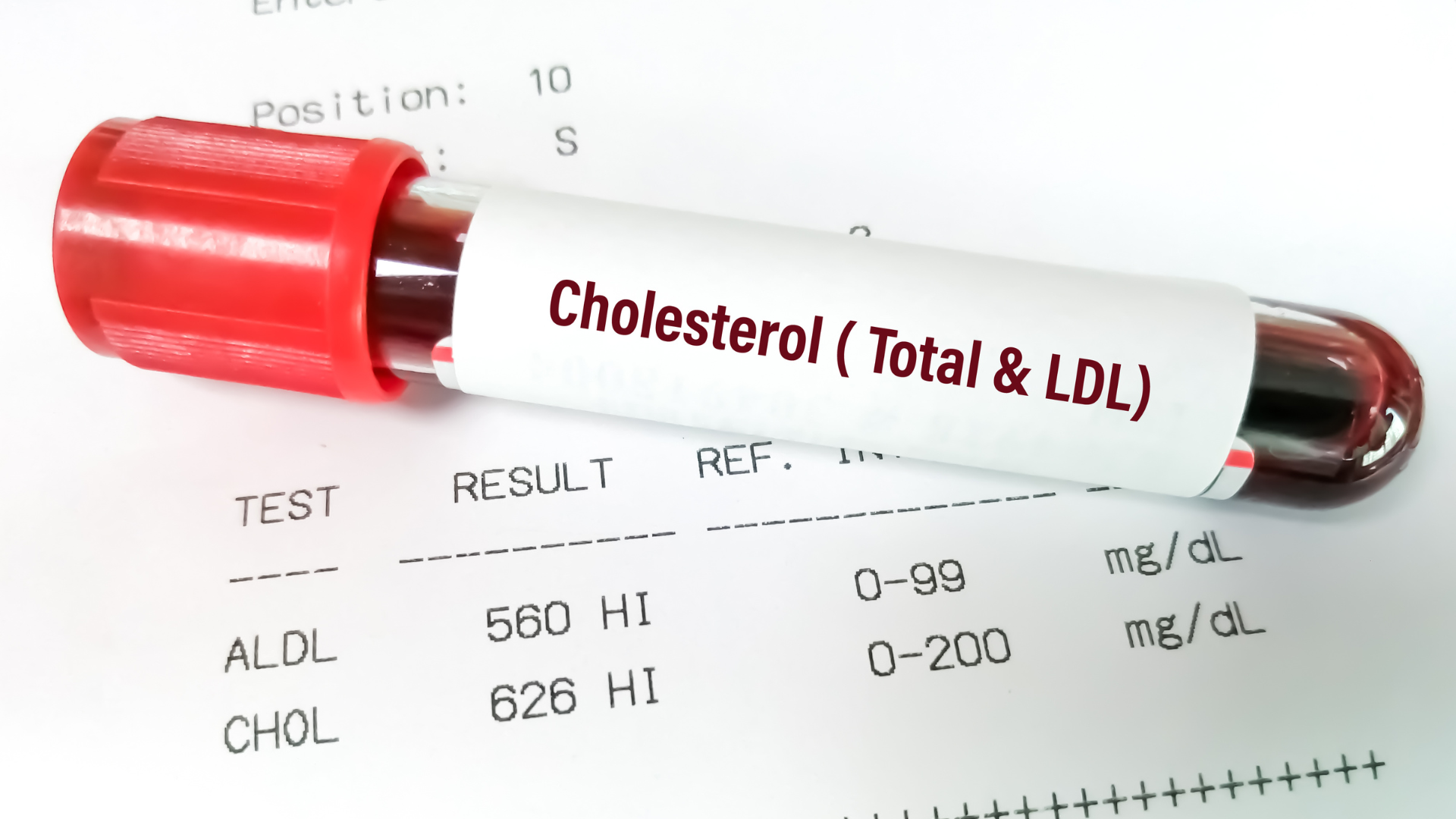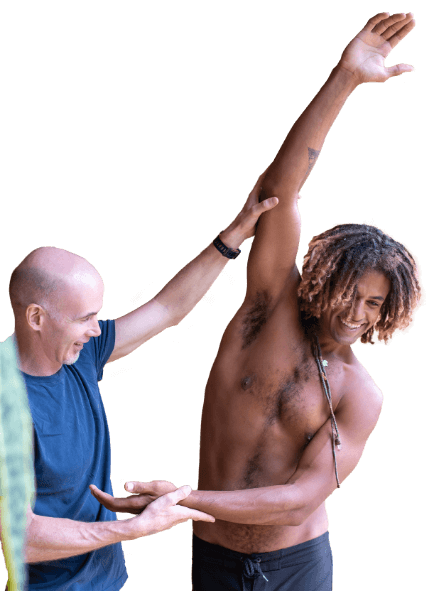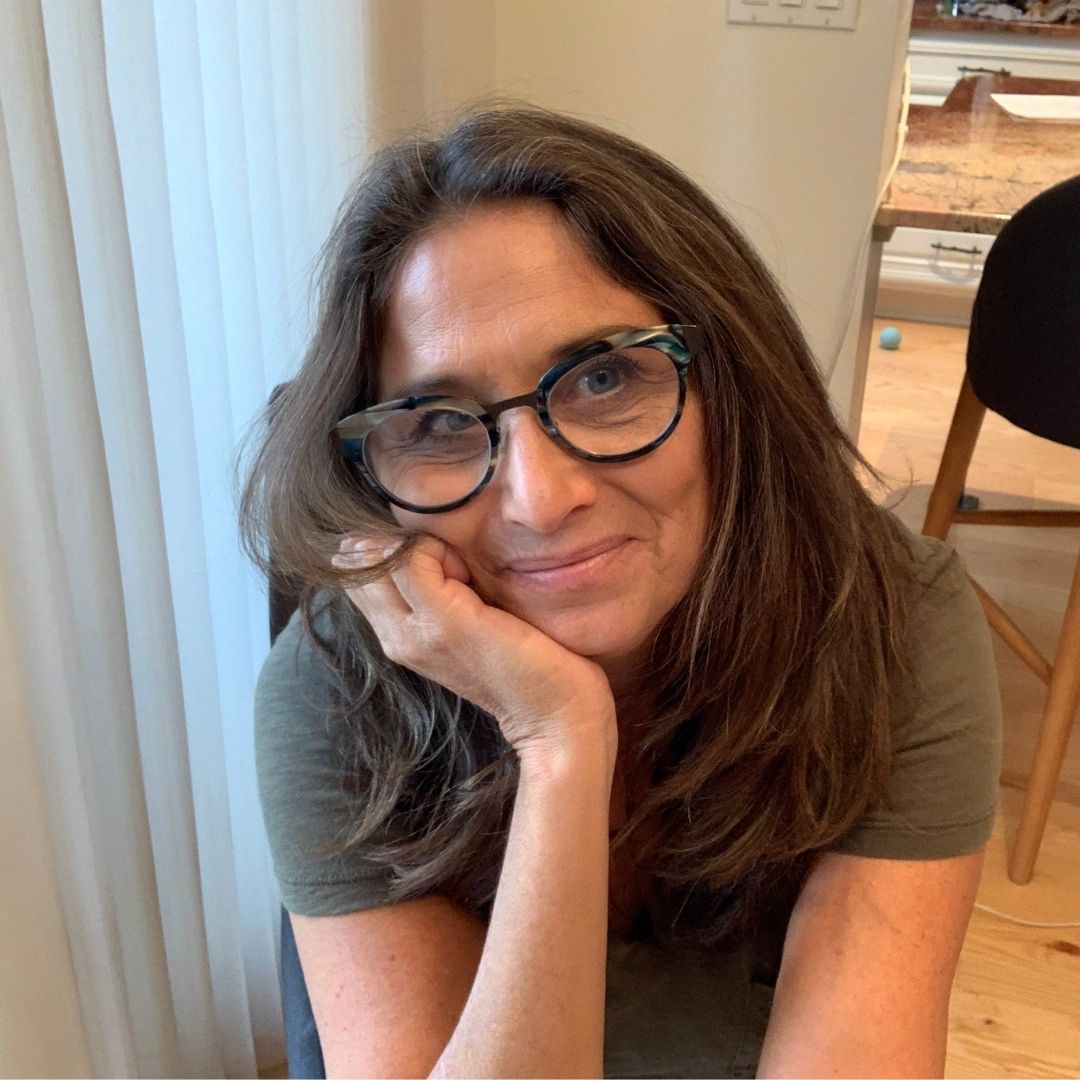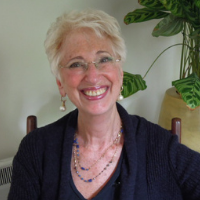
I’m captivated by the study of longevity. I’m not suggesting I want to live forever, but as I recently turned 46 (yes, it was my birthday a few days ago), I’m contemplating the possibility that I might only be halfway through life. This realization underscores my responsibility to maintain my body in optimal condition for another four decades or so if I want to lead a healthy, active, and fulfilling life until the end.
None of us can predict exactly how many years we have left. However, unless there are genetic or environmental factors that shorten our lifespans, most of us have the potential to reach the age of 100 and beyond. To put it differently, if we can glean insights from studies like this, they might help us age without succumbing to common ailments such as diabetes, dementia, kidney dysfunction, or heart disease.
This is why the research conducted in Sweden is so intriguing. The study involved 44,000 individuals born between 1893 and 1920. Researchers began tracking them from their 65th birthday, examining blood markers related to inflammation, metabolism, liver and kidney function, as well as indicators for malnutrition and anemia. Specific markers they measured were:
Of these individuals, 1224 (84.6% female) reached their 100th birthday. Among them, only 2.6% had heart disease, compared to 8.7% of non-centenarians. Merely 0.02% suffered from dementia, compared to 1.1% of non-centenarians, and 0.5% had diabetes, as opposed to 3.2% of their counterparts.
These individuals, at least on paper, weren’t burdened with lifestyle-related diseases like others.
What did their blood markers show?
Cholesterol, as you might know from my previous blogs, plays a crucial role in the body as a fundamental building block for hormones and various bodily processes. Interestingly, those who lived the longest didn’t have low cholesterol; they actually had high total cholesterol levels after the age of 65. While this might be specific to the Swedish population, it’s essential to note that this study represents the most extensive examination of longevity and associated biomarkers to date. Consequently, it demands our attention. Could this challenge our current understanding of cholesterol?
In the researchers’ words, “We found that a higher total cholesterol level was associated with a higher chance of becoming a centenarian, which contradicts clinical guidelines regarding cholesterol levels but aligns with previous studies showing that high cholesterol is generally favorable for mortality in very old age.”
Another significant finding was that individuals who lived the longest had remarkably low serum glucose levels. In essence, those with higher glucose levels in their blood did not live as long. The researchers summarized their findings in the discussion, stating, “Higher levels of total cholesterol and iron and lower levels of glucose, creatinine, uric acid, ASAT, GGT, ALP, TIBC, and LD were associated with a greater likelihood of becoming a centenarian.”
What the study doesn’t show is what type of lifestyle these people led. The good news is that we already know that paying attention to and optimizing the 6 aspects of lifestyle medicine will help all these markers.
Nutrition
Physical Activity
Sleep and Recovery
Managing Stress
Avoiding toxic substances
Maintaining strong community
If you have had a recent blood test and noticed something isn’t right, if you want to learn how to optimize your lifestyle to add a health span to your lifespan, hit me up. I help people via goal-orientated lifestyle optimization coaching that can help them live a long, purpose-filled life.
Sources:
https://link.springer.com/article/10.1007/s11357-023-00936-w

Over the last 10 years Ed has been building a YouTube library to help people manage their own pain or movement limitations and increase performance through exercise. He regularly adds videos so be sure to subscribe and visit regularly


"Oh My Gosh- I am ALREADY feeling relief after a few days! I used to wake up 2-3 times a night with shooting pain that anti inflammatories couldn't touch. Now I have been waking up just because I want to notice what it feels like to lay in bed pain free- THANK YOU!."

"When I first started with your program I was experience a lot of pain. Walking was difficult. I had to stop and catch my breath every few minutes and lean against a wall for support. Now when I walk with my husband we go for over an hour. I never had to sit down and stop...and, hardly any pain!!! 😊😊 I can’t thank you enough."
Frustrated that you aren't recovering fast enough?
Discover how to heal from illness and injury using movement, food and lifestyle.